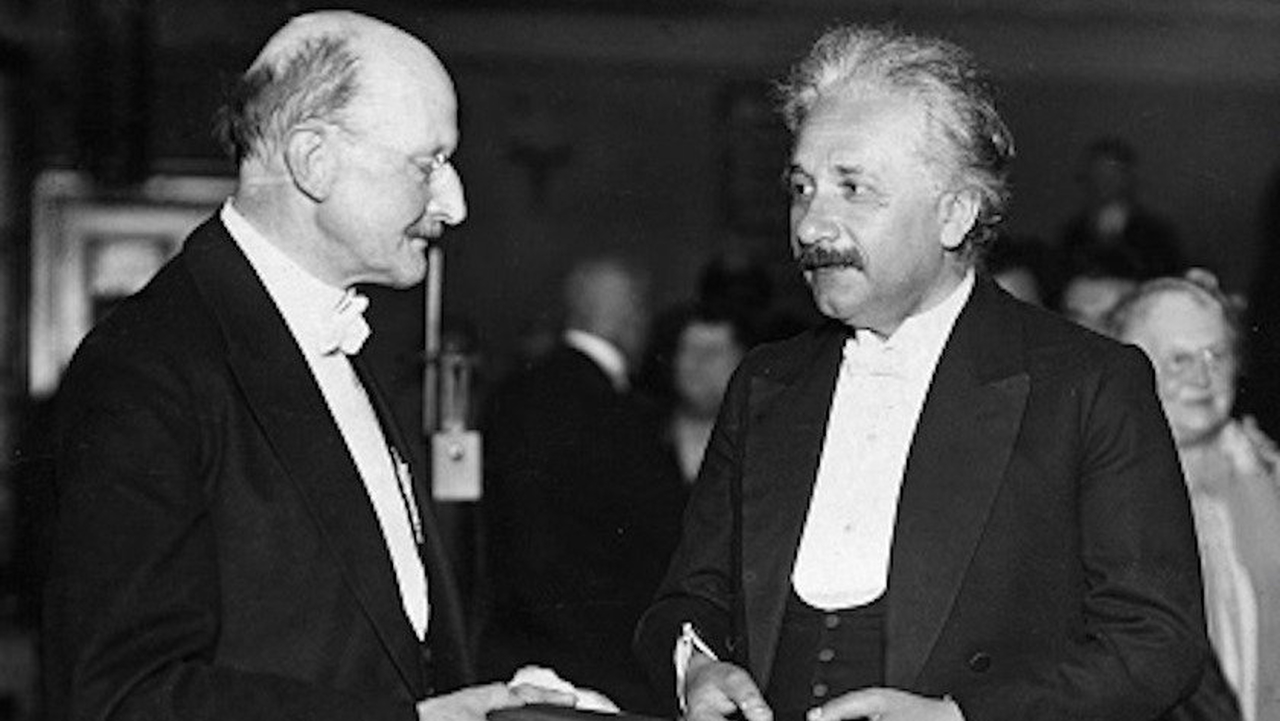Learning to remain present and not get drawn into the right or wrong argument requires a willful intention to come out of the groove of an old habit. Typically, in a contentious discussion or argument defending oneself is a trigger reaction. We react defensively and then in turn blame or attack. This type of exchange seems mindless and bears little chance of success. Both people feel invalidated and the chasm between the two only widens.
Yet, even in the worst of adversarial encounters, there are a few charges that might make sense to us. However, our thoughts filter these out as we seek to bolster our argument and not detract from it. Having done so, we remain mired in the ping-pong match that takes us nowhere and invalidates one another.
I’ve developed a technique in counseling that at times is effective in transcending this problem. I request that while the other person is talking, you search for however small a percentage of what they are saying that you might agree with. Even if you disagree with the vast majority of their protestations, you can ordinarily find some small content that you might begrudgingly concur with. Rather than refuting the 95%, try acknowledging the 5%. The results can be astonishing.
Surprisingly, you have just validated the other individual. Now that they feel listened to and heard, they may be in a far better position to take in what you have to say. Timing is essential here. You cannot say, “Yes, but…” That invalidates. You must validate and pause and let this conciliatory spirit fill the space. The common ground for coherent exchange is now set in place. By affirming the 5% it in no way means that you have to abandon your position about the 95%. You are not necessarily surrendering your position. You have simply laid the groundwork for the other to appreciate what you have to say.
This may sound altogether counter-intuitive. But I assure you it works. Once you’ve found the 5% that you might agree with and reflect that to the other person, the pathway is opened toward a sensible and respectful dialogue. Once a genuine dialogue ensues, it would be likely for both people to modify their interpretations and beliefs as new understanding unfolds. The purpose of such encounters is to be generative. If we’re not learning, we’re stuck!
What I’m proposing is that we interrupt the compulsion to react and move toward being responsive. If we react we’re stuck in the old groove; if we reflect and respond we’re communicating with respect and dignity.
React or Respond?
When we react to others’ words without pausing to reflect, we are indeed stuck in the old groove of thought and feeling — not being present. The reaction tends not to be well clarified or purposeful. Taking time to reflect on the others words serves several purposes. First, it creates a respectful energy of listening. Pausing to consider and inquiring as to shared meaning honors the other person. You may choose to disagree with their thoughts or feelings, but nevertheless you pay tribute to the dialogue but pausing to reflect.
Furthermore, by taking a moment and avoiding the impulse to react, you may reframe or shift your perception about that which you’ve just heard. Instead of oversimplifying, you might invite a bit of complexity into your consideration. It may not be black or white. There are always multiple ways of looking at or interpreting an exchange. The difference between the reaction of a millisecond and the thoughtful response of a moment or two may make all the difference. This thoughtful pause helps assure a more meaningful communication.





Thanks for the challenge to old ways, Mel. And thank you, Randy, for telling me about this wonderful concept. So simple, so challenging.
In this polarized society where every talking bobblehead on tv caters to this black-and-white view, it becomes easy to just parrot that style. Right or wrong, good or bad, left or right; there seems to be no grey area in our dealings with one another. For me that often results in an attitude of “I’m right and you’re an idiot!”
This is a good wake up call to counter that goofy way of dealing with others. Thanks for the easy methodology. So simple. Who knew? 🙂
I find that the goal is to avoid simplicity. There is much complexity that can actually enrich our lives when we get beyond the right or wrong, the is or isn’t. At times, there’s a middle ground which blurs the polar opposites. I find this to be a far more evolved place to go.
God (however you define it) is in the details.
Awareness of and openness to experiencing the
subtle details of life, love, nature, our fellow humans
…can be so enriching and makes life so gratifying.
Hi Mel, This is of course a very important idea.
When I first started teaching PAIRS (Practical Application of Intimate Relationship Skills) seminars in in 1994 my guest teacher Chris, a veteran of the TM movement as well as a PAIRS Leader, was using the 90-10 rule if you were in a very contentious relationship: “I’ll accept 90% if you accept your 10 .” Even this can have a tremendous impact if they person who takes the 90 is very developed spiritually.
What do you think of this one?
Nora
I agree that’s far better than the ordinary ping pong match that we confuse with being a dialogue. But your teacher is putting forth an art of negotiating (I’ll agree to 90% if you agree to my 10%) What I’m proposing is fundamentally different. No negotiation. Find a small part to validate and watch how true dialogue can unfold!
No, this is not about agreement, and it’s not a deal. It’s about acknowledging to
oneself that there is always a possibility that even if you think you are 100% “right” from your point of view that true dialogue is not possible if you can’t give up your need to control and battle in a power struggle of who is “right” and who is “wrong.” There is always some truth beyond one’s point of view.